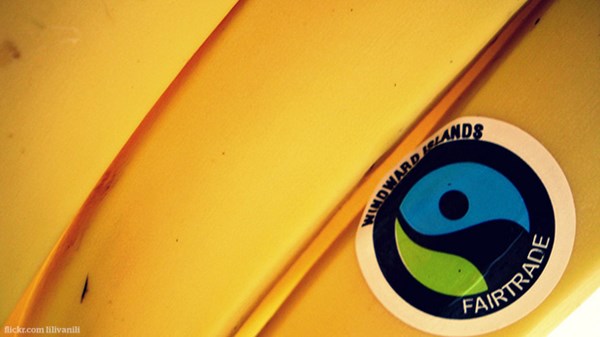
You Can't Buy Your Way to Social Justice
Why the activism of some fellow Americans scares me.

5.14.13
I'm afraid of some American Christians.
I am an American, but I haven't lived in the United States in a while. I live in Djibouti, a country in the Horn of Africa, and when you pick me up at the Minneapolis airport, I might invite you to ...
read more ...






Comments Are Closed
Displaying 11–15 of 94 comments.
1 2 3 4 5 … 19 previous next Show All
Paul Schryba
Roger: Let's take things, one by one. You are given to making absolute general statements, which are as such untrue. You say, in so many words, "business owners" are aware of corruption and do all they can to combat it. That is an unreferenced belief/assumption on your part. It is unreasonable to assume, given human nature, that business owners (generic, all encompassing term) are ALL aware of it, and are doing ALL they can to combat it. Assuming you meant that MOST business owners are aware of corruption and do ALL they can to combat it, on what to you base that? What studies? What percentage of business owners have done/are doing ALL they can? What determines that they are indeed doing ALL they can? Have you personally talked with the majority of business owners and confirmed that? To clarify for you, my point was about the AWARENESS of FOREIGN companies who purchase products from developing countries, that such widespread conditions exist- (cont.)
Roger McKinney
I guess the poor people who live in corrupt governments aren't worth of our love.
Roger McKinney
Paul, I didn’t write that the business owners are unaware. Of course they know about the corruption. Everyone in the world but you seems to know about it. They do all they can to combat it, but fail often. The low price in poor countries is due to low wage rates, which are due to low productivity. Jobs in the clothing industry help improve their productivity and lift they wages. Purchasing goods from those countries still help the poor workers because it raises their wages and gives them new skills. Corruption causes the unsafe working conditions and environmental problems, not the low wages. I think “fair” trade is more a way for first world people to ease their guilt than to actually help anyone.
Paul Schryba
I will try to 'love my neighbor', by buying items I can have some surety were not made under environmentally and humanly exploitative conditions. You can continue to buy goods you can reasonably assume were made under exploitative conditions because they 'provide jobs'. I think that the worker I support will be happy with my choice.
Paul Schryba
That is what fair trade and organic certification attempts to do; provide reasonable evidence that goods are produced in an environmentally and humanly non-exploitative manner. To my simple understanding, a business must have income to survive. If people do not buy the product, no income, the business goes under. To not buy fair trade items, means they will go out of business. Those businesses that operate with reduced costs due to illegal, exploitative practices will remain in business. Your logic infers and assumes supporting exploitative businesses is necessary to provide jobs for the poor. Exploitative jobs at subsistence wages will not lift any out of poverty- the poor will remain poor, providing profits for the wealthy. Increasing demand for certified goods made at fair wages, in decent conditions, with environmental safeguards will create more jobs with those conditions. Less demand for non-certified goods will result in the reduction of jobs made under exploitative conditions.
Displaying 11–15 of 94 comments.
1 2 3 4 5 … 19 previous next Show All